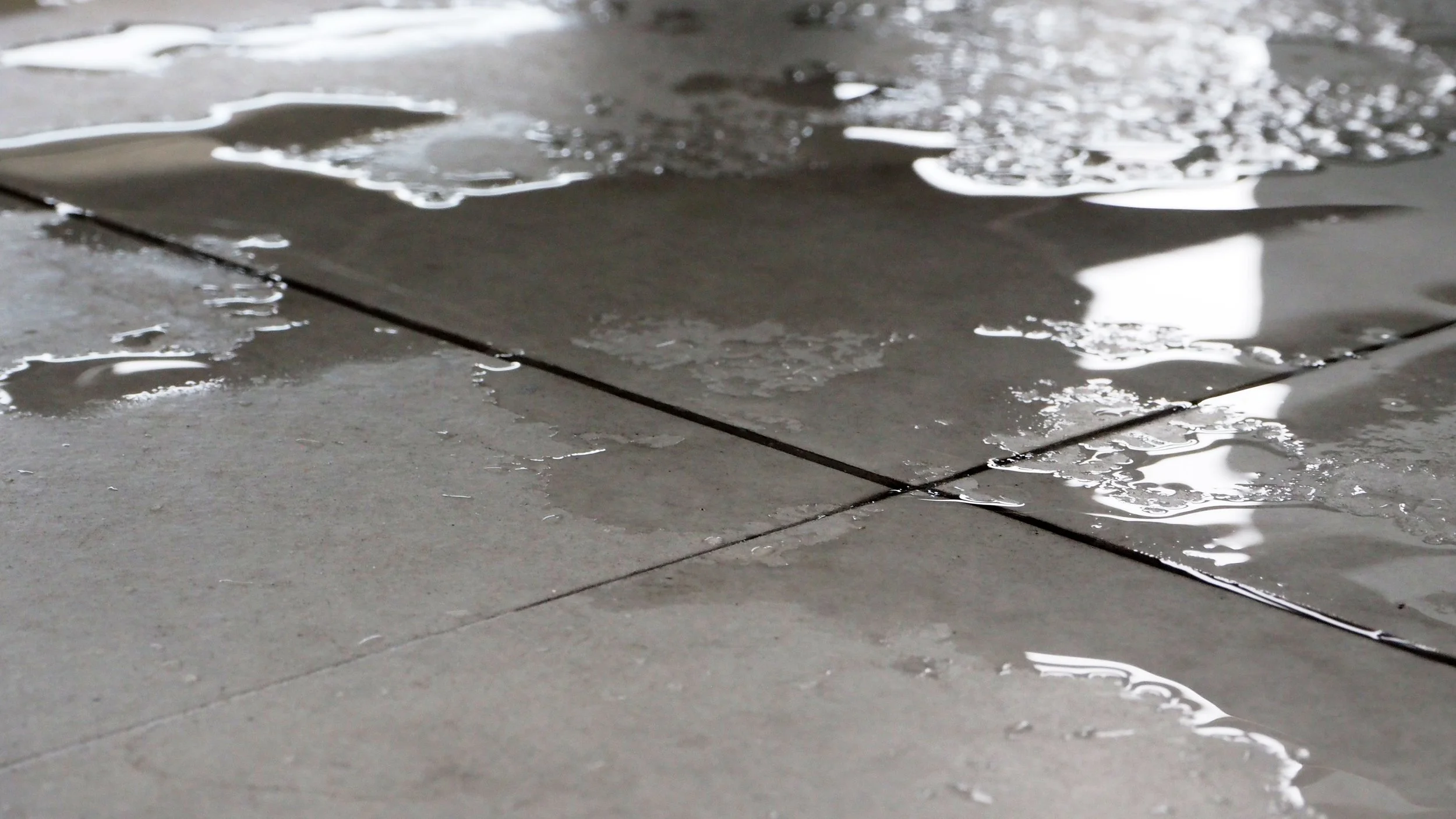The legal landscape of slip and fall cases in Michigan has been shaped by several court rulings, and a significant recent case that has completely shifted the landscape of the law in this field is Kandil-Elsayed v. F & E Oil, Inc. (“Elsayed”). This case has changed to how Michigan courts handle slip and fall accidents, particularly regarding premises liability, and has impacted the obligations of property owners and the rights of individuals injured on someone else’s property.
In this blog, we’ll explore how Michigan’s slip and fall laws have evolved, with a particular focus on the legal principles underscored by the Elsayed case.
Premises Liability in Michigan
Under Michigan premises liability law, property owners and occupiers have a duty to maintain their property in a reasonably safe condition. When someone is injured on another person’s property due to unsafe conditions, they may pursue a slip and fall lawsuit under premises liability.
To establish a premises liability claim, the injured party (plaintiff) generally must prove:
-
The property owner owed a duty of care.
-
The property owner breached that duty.
-
The breach caused the plaintiff’s injury.
-
The plaintiff suffered damages as a result of the injury.
The duty owed by the property owner depends on the status of the person entering the property, which falls into three categories:
-
Invitee: A person invited to the property for business purposes (e.g., customers). The property owner owes the highest duty of care to keep the premises safe.
-
Licensee: A social guest or someone on the property for non-commercial reasons. The property owner must warn them of known dangers.
-
Trespasser: A person who enters without permission. The owner has a limited duty to avoid willfully harming trespassers.
The Impact of Elsayed
In years past, premises liability cases were very difficult to bring in the state of Michigan due to what is called the “open and obvious doctrine.” Under this doctrine, if a dangerous condition on the landowner’s property was visible to the naked eye, or should have otherwise been discoverable by the injured party, then the injured party was likely to have their case dismissed upon summary disposition, before they ever had a chance to get in front of a jury. The only way to get around this was to show some sort of “special aspect”—i.e., that the unreasonable hazard was essentially unavoidable or unreasonably dangerous, and both of these were very high bars and difficult to pass.
However, in July 2023, the Michigan Supreme Court changed all of that with its ruling in Elsayed. In that case, the court held that whether a particular hazard in a premises liability case is “open and obvious” is now a question of fact to be submitted to the jury, rather than a question of law to be decided by the judge. Further, the court ruled that the “special aspects” doctrine would no longer apply, but instead, landowners should anticipate the harm of open and obvious hazards on their premises.
So, here is the bottom-line impact of Elsayed: judges can no longer throw out these slip and fall cases on summary disposition, but instead, claimants get to present their case to a jury.
The ability to get a case in front of a jury makes all the difference in the world to injured claimants. The companies that insure against premises liability claims are very good at assessing risk and predicting outcomes, but jury verdicts are notoriously unpredictable, and so carriers are much more likely to offer reasonable settlements in these cases now that Elsayed allows claimants to go all the way to trial.
Conclusion
Powerful insurance companies with endless resources have a significant advantage over injured claimants when it comes to defending against premises liability claims, and any other type of personal injury claims for that matter. In American jurisprudence, the threat of a jury trial has always been the counterweight that serves to balance the scales of justice and put power back in the hands of the injured claimant. In the case of Elsayed, the Supreme Court balanced the scales, and now injured parties stand a fighting chance when it comes to premises liability claims in Michigan.


